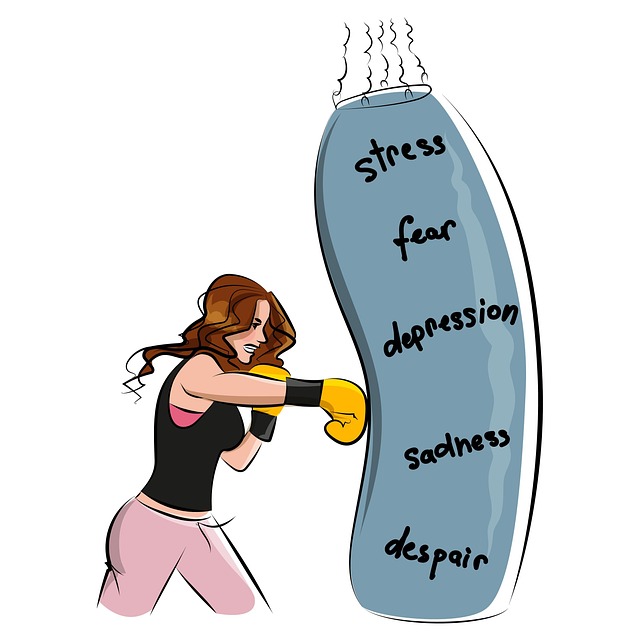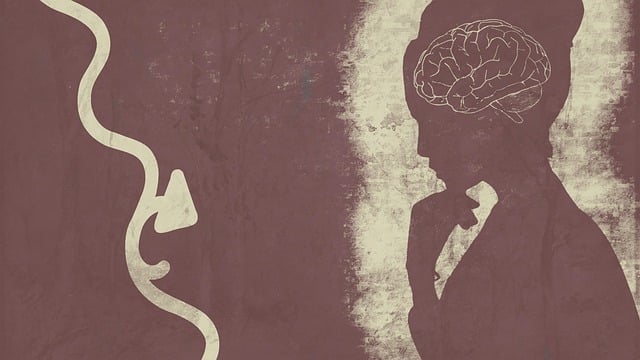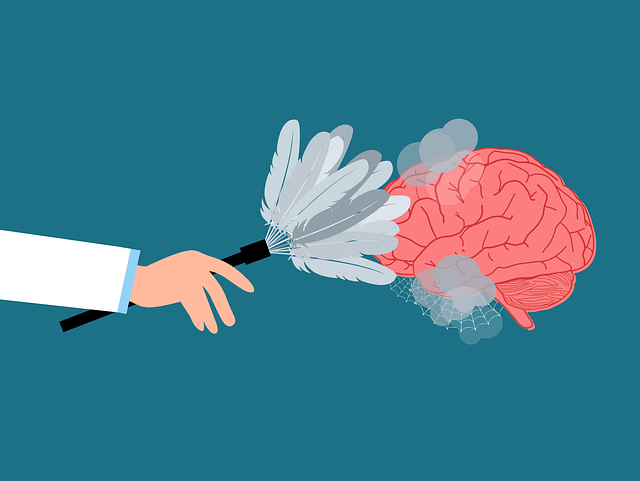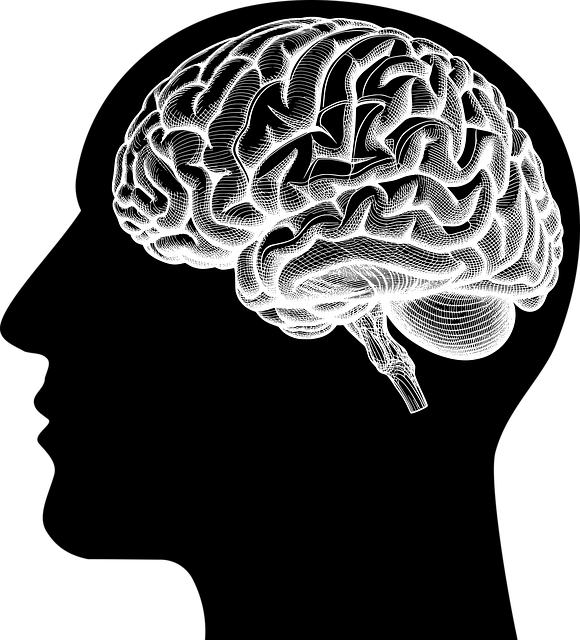Therapy for young adults with adjustment disorder is a key focus of Crisis Intervention Team (CIT) training, targeting individuals aged 18-30. Effective treatment combines mental wellness coaching, trauma support services, and peer group therapy to build resilience and provide emotional processing tools. CITs offer immediate crisis therapy, risk management planning, and stress reduction techniques, coordinating care with community resources. Comprehensive CIT training equips members with theoretical knowledge of mental health disorders, evidence-based therapies like CBT, role-playing scenarios, advocacy skills, and barriers navigation, enabling optimal care for young adults struggling with adjustment disorder therapy.
Crisis intervention team (CIT) training programs play a pivotal role in equipping professionals to support young adults struggling with adjustment disorder. This mental health condition, often characterized by severe stress or distress in response to significant life events, requires specialized therapy. The article explores the essential components of CIT training, focusing on understanding adjustment disorder and the critical role crisis teams play in providing timely, effective interventions. By delving into these key aspects, we aim to enhance the quality of care for young adults facing this challenge.
- Understanding Therapy for Young Adults with Adjustment Disorder
- The Role of Crisis Intervention Teams in Support
- Essential Components of Effective Training Programs
Understanding Therapy for Young Adults with Adjustment Disorder

Understanding therapy for young adults with adjustment disorder is a critical component of crisis intervention team training. This mental health condition often presents in individuals aged 18-30, following significant life changes or traumatic events. The goal of therapy isn’t to erase these experiences but to help young people develop healthy coping mechanisms and adaptive behaviors.
Effective treatment incorporates various strategies tailored to address the unique needs of this demographic. Mental wellness coaching programs emphasize developing resilience, enhancing communication skills, and fostering a sense of purpose. Trauma support services play a pivotal role in processing difficult emotions related to past events. By combining individual therapy with group support, crisis intervention teams can facilitate peer connections, providing a network of understanding and encouragement for young adults navigating adjustment disorder.
The Role of Crisis Intervention Teams in Support

Crisis Intervention Teams (CITs) play a pivotal role in providing immediate support to individuals facing severe emotional crises, often characterized by adjustment disorders or other mental health challenges. These specialized teams typically consist of trained professionals from various backgrounds, including mental health counselors, social workers, and emergency responders. When activated, CIT members swiftly assess the situation, offering crisis therapy for young adults struggling with adjustment disorders, post-traumatic stress, depression, or suicide ideation. By providing a safe space and utilizing evidence-based communication strategies, these teams de-escalate high-risk situations effectively.
Beyond immediate intervention, CITs facilitate risk management planning for mental health professionals, ensuring a proactive approach to prevent future crises. They promote the use of stress reduction methods tailored to individual needs, fostering resilience and coping mechanisms. The collaborative nature of CITs empowers them to coordinate care with local community resources, providing comprehensive support that extends beyond the initial intervention.
Essential Components of Effective Training Programs

Effective crisis intervention team (CIT) training programs are multifaceted, aiming to equip participants with a comprehensive set of skills to handle mental health crises. A robust program should incorporate several essential components, tailored to address the unique challenges faced by young adults struggling with adjustment disorders and other mental health concerns. Firstly, theoretical knowledge is vital, encompassing an in-depth understanding of various mental health disorders, crisis intervention models, and evidence-based therapies like cognitive behavioral therapy (CBT), which has proven benefits for anxiety relief and self-esteem improvement.
Secondly, practical training through role-playing scenarios is indispensable. Participants should have the opportunity to apply their knowledge in realistic simulations, fostering confidence in using de-escalation techniques, active listening skills, and crisis management strategies. Integrating components of Mental Health Policy Analysis and Advocacy within the training curriculum can also empower CIT members to navigate systemic barriers and advocate for effective support systems, ensuring young adults receive the best possible care.
Crisis intervention team training programs are invaluable resources for equipping professionals to support young adults with adjustment disorder. By understanding the unique therapeutic needs of this demographic and integrating essential components into training, we can foster more effective interventions. These programs play a pivotal role in empowering teams to navigate crises, promote resilience, and ultimately enhance the well-being of young individuals struggling with adjustment disorders.












